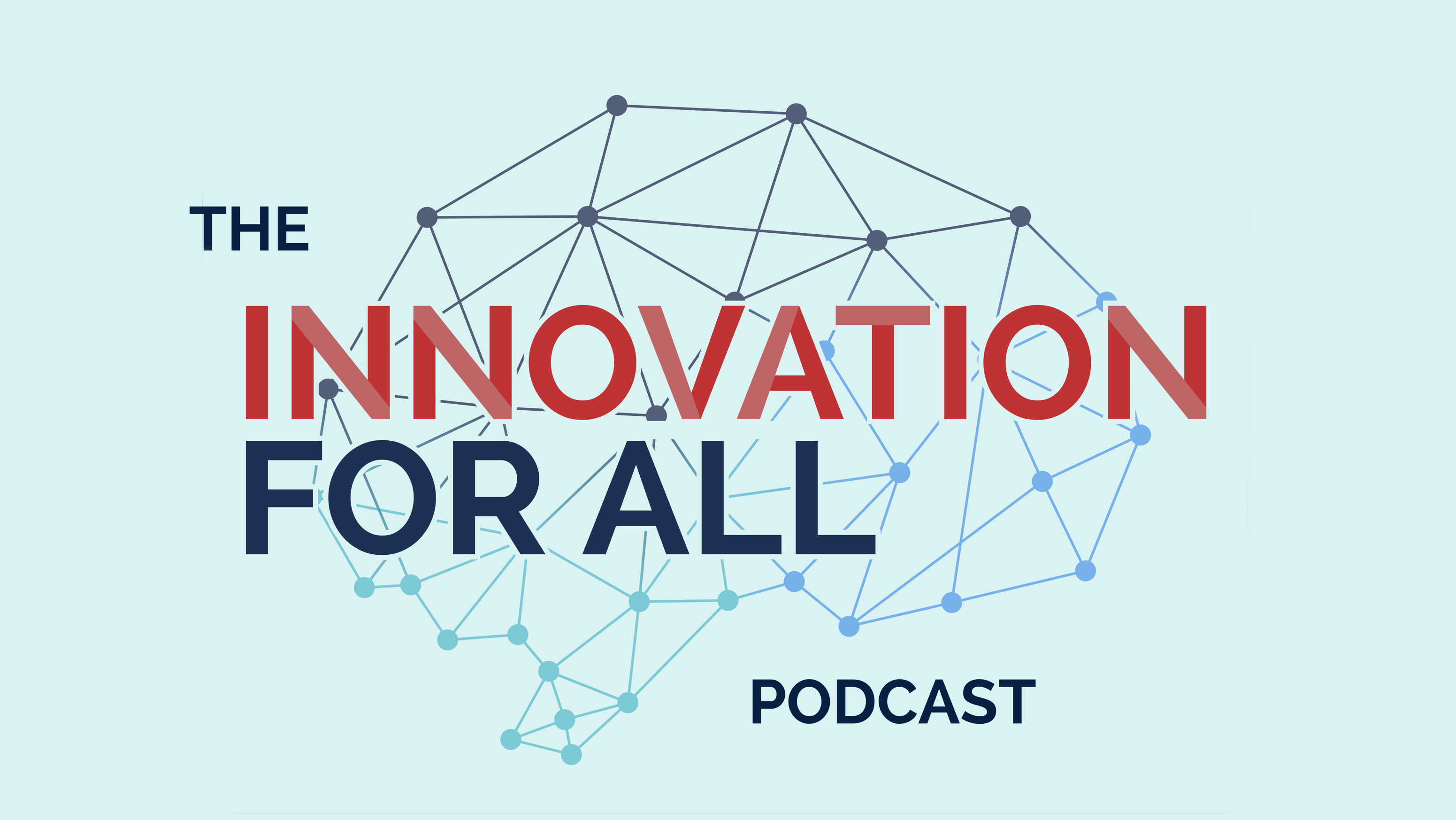In this episode of the Innovation For All Podcast, Sheana Ahlqvist talks to Dr. Sherry Hamby, a Research Professor of Psychology at the University of the South and a Director of the Life Paths Research Center (LPRC). They talk about the role of technology in peoples daily lives. They discuss Appalachian attitudes and values, ResilienceCon and how different societies operate in a technology-centric environment.
IN THIS EPISODE YOU’LL HEAR:
- The culture of values and skepticism that makes Appalachian resistant to technology
- What are the attitudes and stereotypes about Appalachia?
- How are low income regions like Appalachia portrayed?
- How different forms of violence are shifting online, for instance Cyber bullying
- The negative effects on relationships from technology
- How do people feel about Privacy invasion, data protection and cyber-crimes?
- Is protecting our own privacy equally distributed among the rich and the poor?
- What are the differences between how rural and urban societies operate?
- How do regulations fit in all this?
- The importance of consent in letting technology earn the trust of people.
Sheana and Sherry also talk about ResilienceCon.
LINKS
- Resisting Technology, Appalachian Style (Article)
- What did you Change your Mind About in 2018? Answers on AI, Data, Work and More – Innovation For All Podcast on iTunes|Stitcher|In Browser
- Have I Been Pwned (Website)
- Resilience Con (Workshop)
- Phd Insights (Website)
- (Book)
- Life Paths Research (Website)
- International Journal of Communication (Journal)
OTHERS MENTIONED
- Orange is the New Black
- The Simpsons
- Yelp
- Amazon
- GDPR
- Apple
- TED Talks
- Jeff Temple
- Emily Rothman
CONNECT WITH SHERRY
- Find Sherry on Life Paths Research
